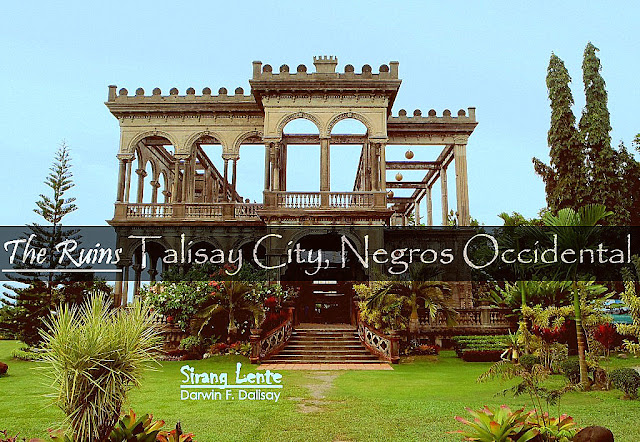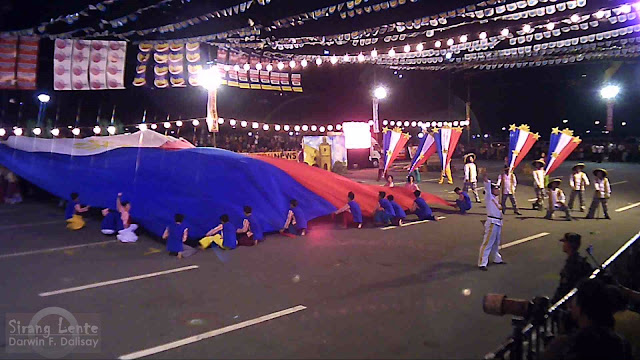
About The Ruins
The Ruins is located in Talisay City, and it was the largest residential mansion built then. This mansion belongs to sugar baron Don Mariano “Anoy” Ledesma Lacson (1865-1948). Built after the death of his wife Maria Braga (1911), and served as the residence of their unmarried children. But, in the early part of World War II, USAFEE and then guerrilla fighters built this mansion to prevent the Japanese forces from making this structure their headquarters. It was burning for three days, leaving no traces of its glorious past, but still, the effort of the workers paid off because its gorgeous ruins are still standing and part of our today.









